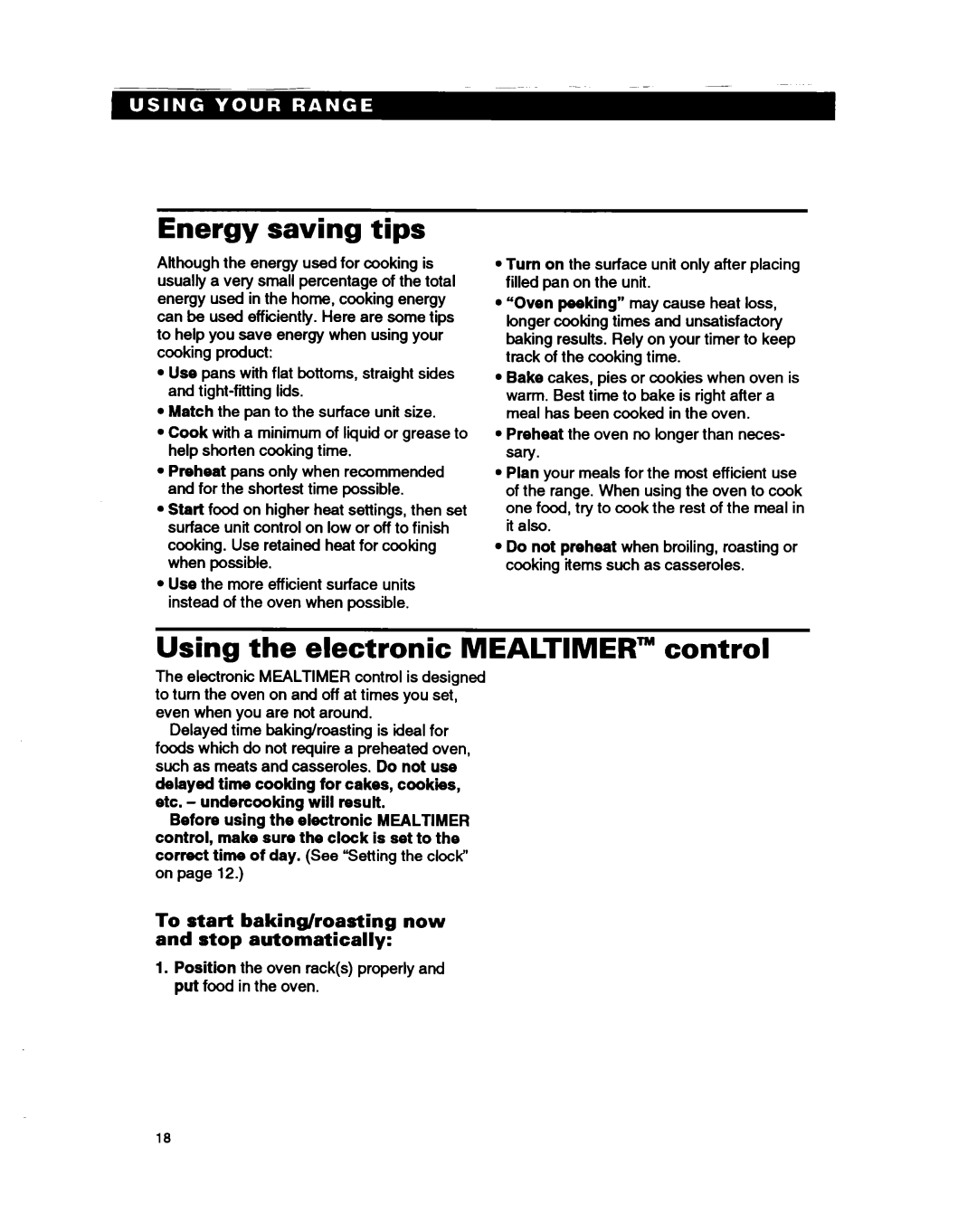RS386PXB specifications
The Whirlpool RS386PXB is a notable refrigerator that stands out in the crowded market of home appliances, delivering a balance of sleek design, thoughtful features, and modern technology. This side-by-side refrigerator is perfect for families and individuals alike who value both functionality and style in their kitchen.One of the main features of the RS386PXB is its spacious interior. The refrigerator offers ample storage space with adjustable shelves, allowing users to customize the layout according to their needs. With a significant capacity for both the fridge and freezer compartments, it provides enough room to store groceries, leftovers, and frozen items without feeling cramped. The door bins are also thoughtfully designed to accommodate large containers or bottles, making it easier to access frequently used items.
In terms of technology, the Whirlpool RS386PXB incorporates advanced cooling features that ensure optimal freshness for food. The refrigerator uses a sophisticated cooling system that maintains consistent temperatures across both compartments. This is crucial for preserving the quality and longevity of perishable items. The energy-efficient design not only helps in reducing electricity bills but also minimizes the environmental impact of everyday refrigeration.
Another highlight of the RS386PXB is its humidity-controlled crisper drawers, which are specifically designed to keep fruits and vegetables fresh for longer periods. These drawers regulate moisture levels, reducing spoilage and waste, which is a significant plus for eco-conscious consumers.
The exterior of the RS386PXB boasts a modern black finish, providing a contemporary look that can complement various kitchen designs. The fingerprint-resistant surface ensures that the refrigerator maintains its sleek appearance, reducing the need for frequent cleaning.
Moreover, the built-in ice and water dispenser is a convenient feature that keeps users hydrated and allows for easy access to chilled water without opening the refrigerator door. This is particularly beneficial for busy households, as it promotes convenience and efficiency.
The Whirlpool RS386PXB is also equipped with a dependable filtering system for the water and ice, ensuring that the water is clean and tastes great. This feature adds a layer of safety and quality to everyday hydration.
In summary, the Whirlpool RS386PXB is a well-designed refrigerator packed with features that cater to the needs of the modern consumer. With its spacious interior, advanced cooling technologies, energy efficiency, and stylish appearance, it represents an excellent investment for anyone looking to enhance their kitchen experience.

